Industrial Fasteners Size
Industrial Fasteners Market Growth Projections and Opportunities
The automotive industry is undergoing significant changes, with a growing emphasis on technical advancements and design improvements in various components, including automotive fasteners. These fasteners play a crucial role in ensuring the structural integrity and safety of vehicles. As the demand for enhanced vehicle stability and reduced weight continues to rise, automotive manufacturers are looking for innovative solutions, and this is where the automotive fasteners market steps in.
One of the driving factors contributing to the growth of the global automotive fasteners market is the need for continuous technical development. Automotive fasteners are not just simple nuts and bolts; they are critical components that contribute to the overall performance and safety of vehicles. Manufacturers are increasingly investing in research and development to create fasteners that meet the evolving demands of modern vehicles.
Furthermore, the push for design improvement in automotive fasteners aligns with the broader trend of enhancing vehicle aesthetics, efficiency, and sustainability. Modern automotive fasteners need to be not only functional but also compatible with the design elements of contemporary vehicles. As automakers focus on creating sleek, aerodynamic, and fuel-efficient cars, the role of fasteners in achieving these objectives becomes more pronounced.
In addition to technical and design considerations, the global automotive fasteners market is benefiting from the increased emphasis on reducing vehicle weight. Lightweighting is a critical strategy for automotive manufacturers aiming to enhance fuel efficiency and reduce carbon emissions. Automotive fasteners made from materials such as aluminum and advanced composites contribute to achieving these weight reduction goals without compromising structural integrity.
The segmentation of the automotive fasteners market provides a comprehensive understanding of the diverse factors influencing its growth. The categorization based on type, including threaded and non-threaded fasteners, reflects the varied applications and requirements within the automotive industry. Threaded fasteners, such as bolts and screws, are commonly used for assembling different components of a vehicle, while non-threaded fasteners, like clips and rivets, serve specific purposes in automotive manufacturing.
Material segmentation is another crucial aspect, with steel, aluminum, brass, nickel, plastic, and copper being the key categories. The choice of material depends on factors such as strength requirements, corrosion resistance, and weight considerations. For instance, steel fasteners are known for their strength, while aluminum fasteners offer a lightweight alternative suitable for applications where reducing vehicle weight is a priority.
The sales channel segmentation distinguishes between Original Equipment Manufacturers (OEM) and aftermarket sales. OEM fasteners are supplied directly to vehicle manufacturers for use in the production process, while aftermarket sales cater to replacement and maintenance needs. The choice between OEM and aftermarket channels often depends on factors such as cost, quality, and the specific requirements of automotive manufacturers.
The segmentation based on propulsion types, including Internal Combustion Engine (ICE) and Electric, reflects the ongoing transformation in the automotive industry. As electric vehicles gain traction, the demand for fasteners compatible with the unique characteristics of electric propulsion systems is on the rise. Electric vehicle manufacturers require fasteners that can withstand different environmental conditions and ensure the safety of high-voltage components.
The end-use segmentation, which includes removable, semi-permanent, and permanent fasteners, adds another layer of complexity. Removable fasteners are designed for components that may need periodic removal for maintenance, while semi-permanent and permanent fasteners are intended for long-term applications. The choice of end-use depends on factors such as assembly requirements, repairability, and the intended lifespan of the assembled components.
Geographically, the global automotive fasteners market encompasses North America, Europe, Asia-Pacific, and the rest of the world. Each region contributes to the overall market dynamics, influenced by factors such as regional automotive manufacturing trends, economic conditions, and regulatory environments.
Despite the optimistic outlook, challenges exist that could potentially hinder the growth of the automotive fasteners market. High capital requirements pose a barrier for new entrants and may limit the expansion plans of existing players. Additionally, the underdeveloped aftermarket services present challenges in terms of replacement parts availability and customer support.
In conclusion, the global automotive fasteners market is evolving in response to the changing dynamics of the automotive industry. The emphasis on technical development, design improvement, lightweighting, and compatibility with emerging propulsion technologies positions the market as a critical player in the automotive supply chain. As automotive manufacturers strive to meet the demands of a rapidly evolving market, the role of automotive fasteners in enabling innovation, safety, and efficiency is set to become even more pronounced in the years to come. The collaborative efforts of market players, coupled with ongoing technological advancements, will likely shape the future trajectory of the automotive fasteners market.
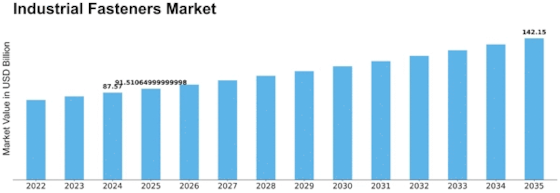


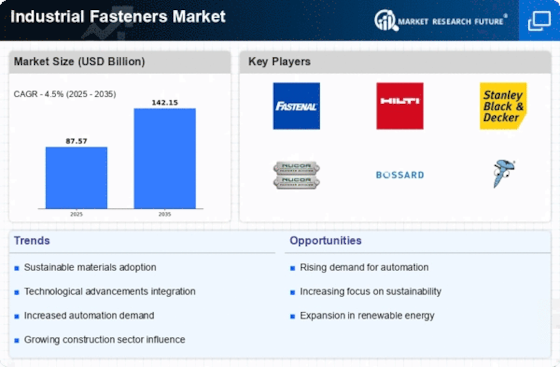
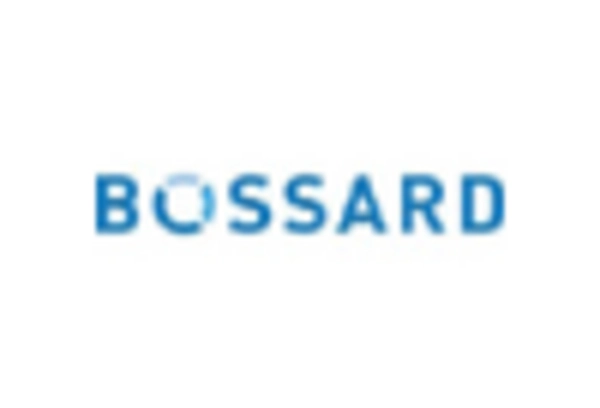
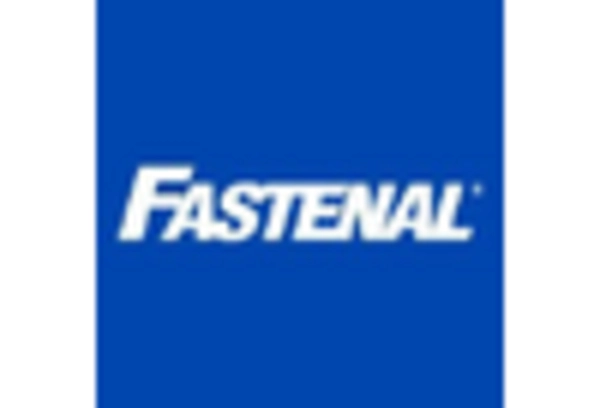
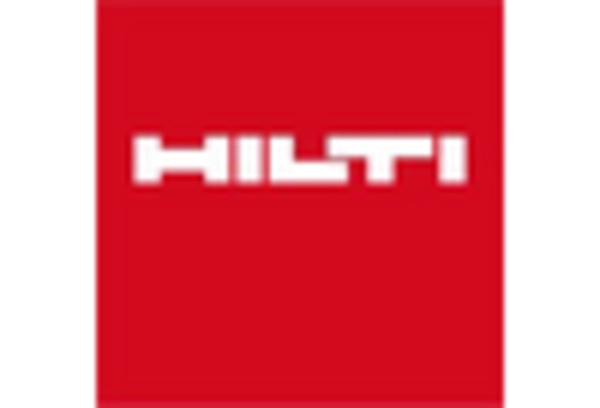
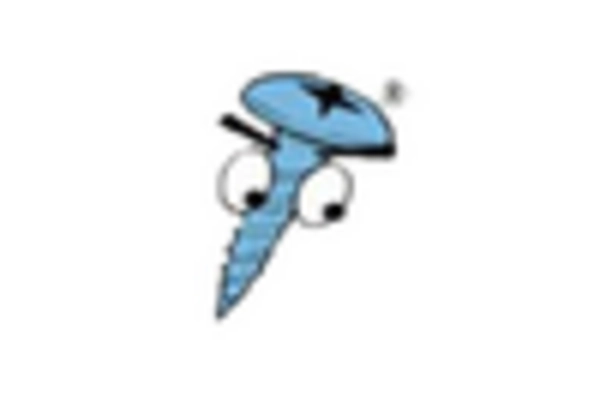

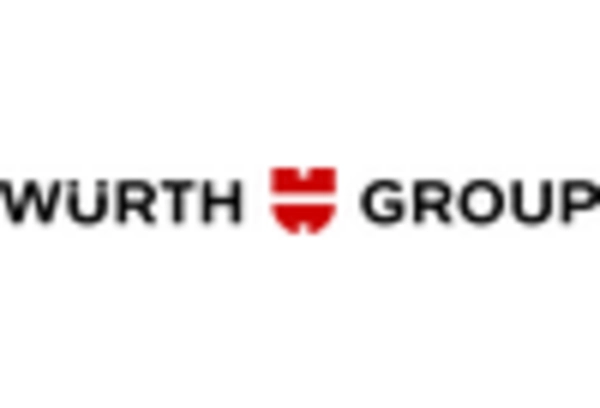









Leave a Comment